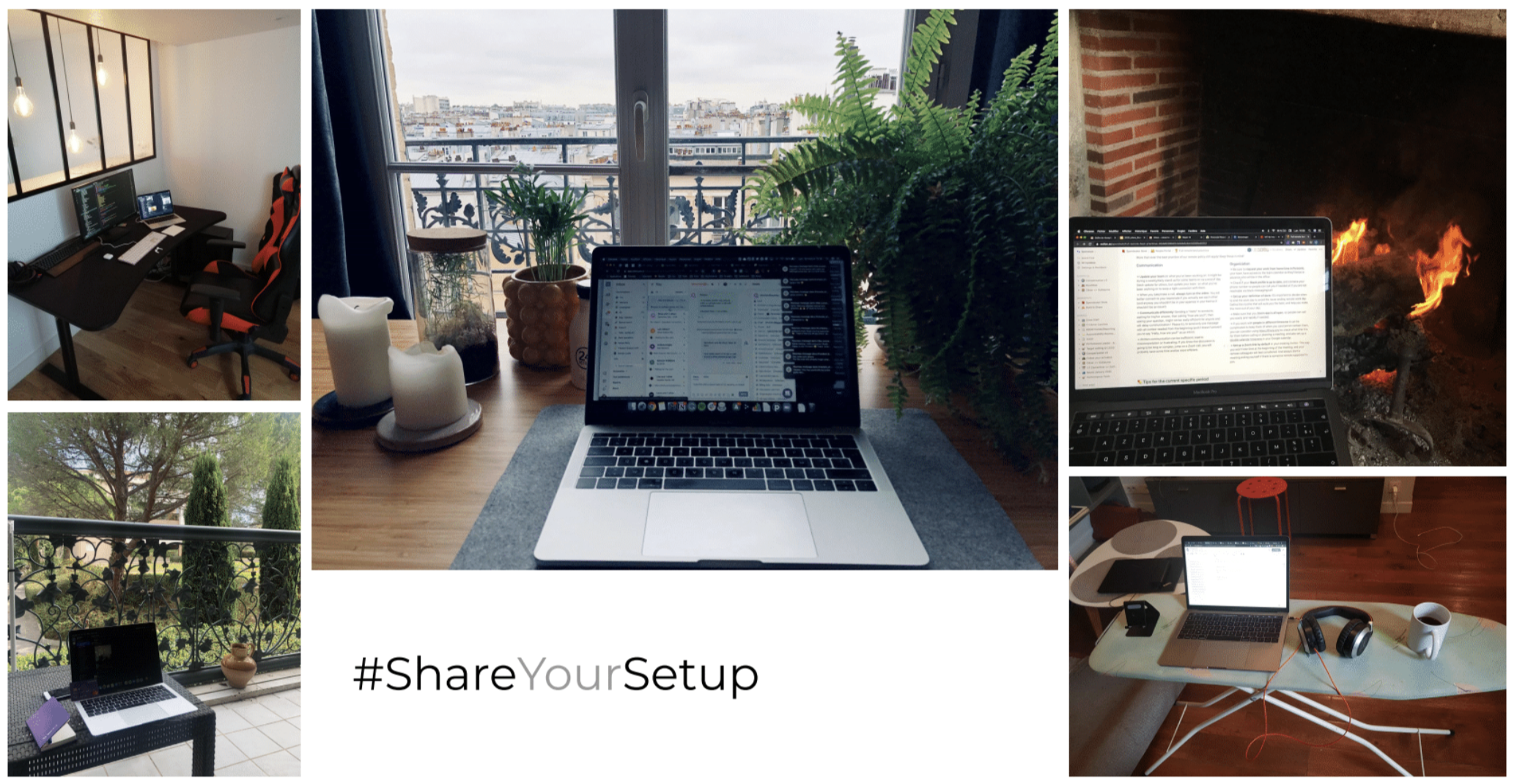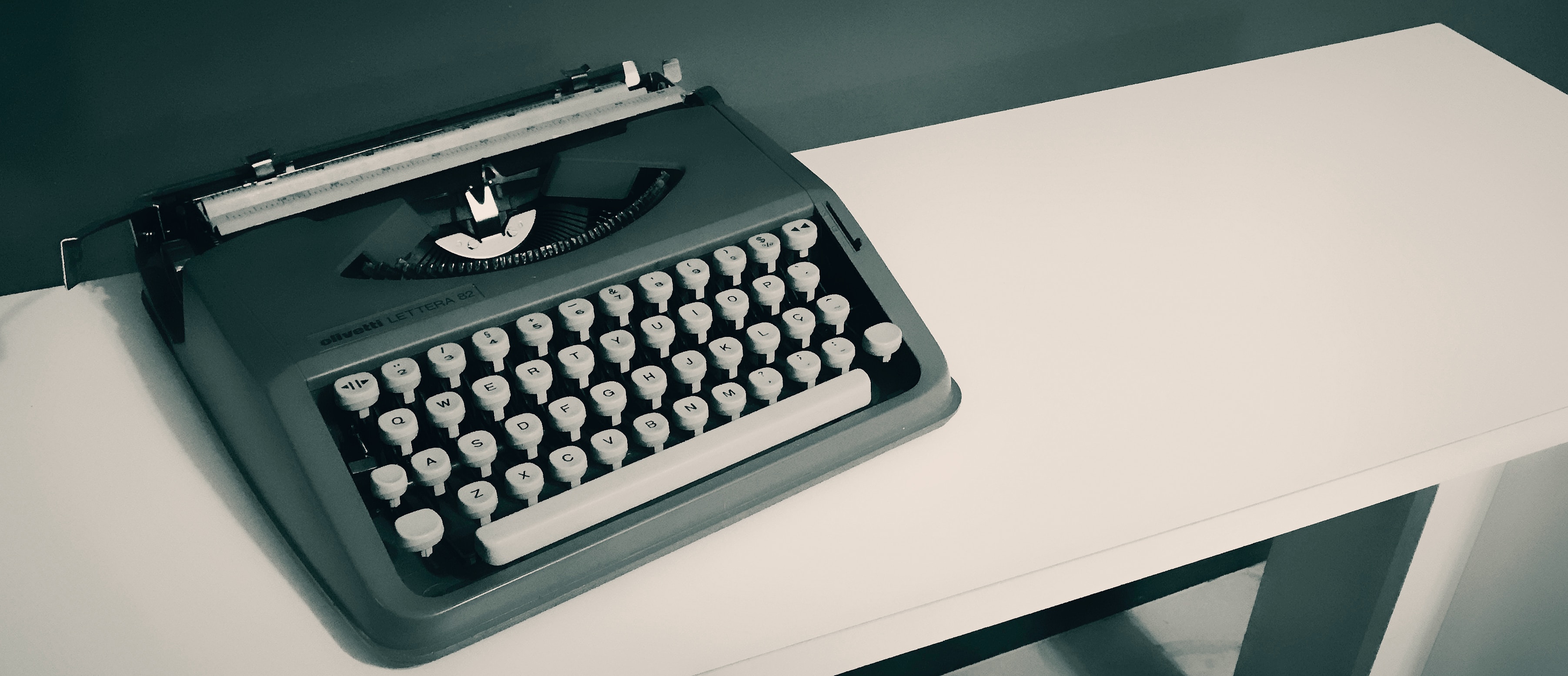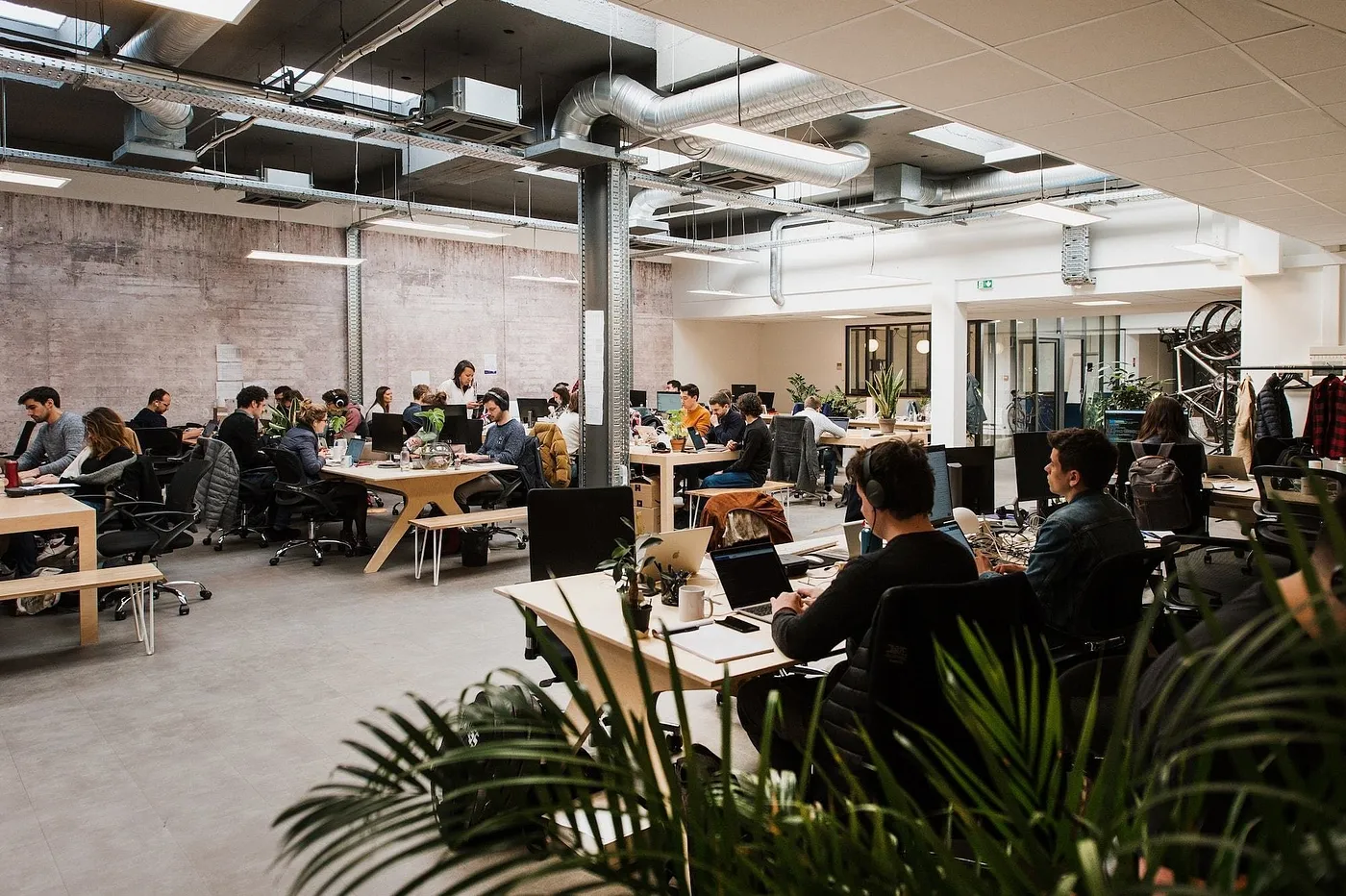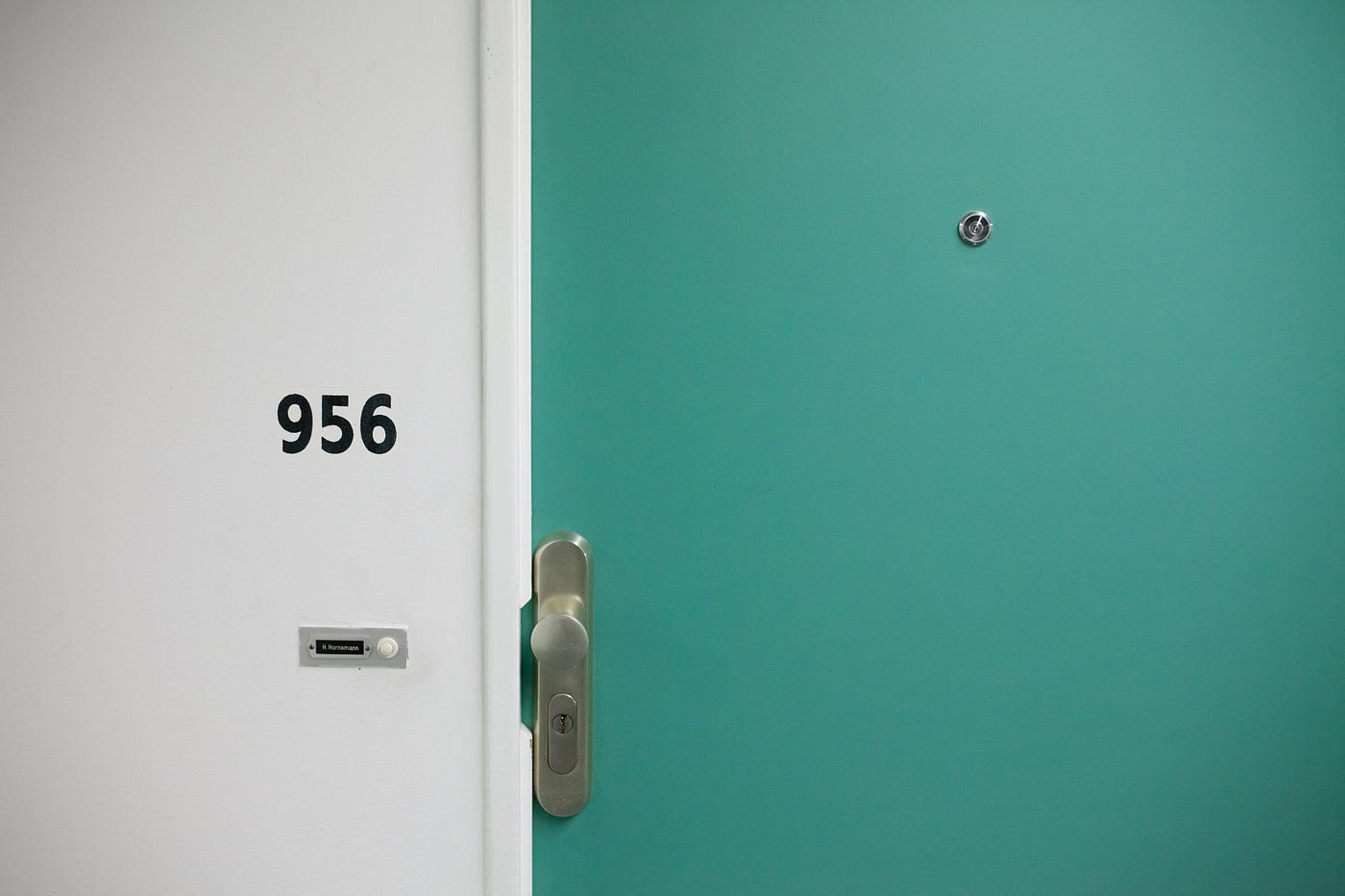How did they get the idea to try such unexpected combinations? Then Paris was placed in lockdown to fight COVID-19 pandemic and I had to cook with only what I had in my kitchen. The first day was pretty easy but 2 weeks later, I realised something: Constraints made me creative.
Cooking aside, a lot of businesses had to deal with a really difficult constraint last week. The French Government locked down the entire country. Instructions were clear: stay safe, stay home. Restaurants, bars and small shops had to close. Work from home became mandatory.
At Spendesk, the company I work for, I saw many initiatives to bring people together despite the self-isolation. One developer set up a virtual room using Discord to keep the feeling of the open space, our office manager organised online games, the hashtag #shareyoursetup became a trend in our internal slack, and everyone shared their best practices to stay healthy during the quarantine like yoga and meditation. I was amazed by the creativity and contributions of everyone to face this crisis together, and I wanted to share a couple of learnings.
Challenge the status quo
Just to keep the cooking metaphor. I usually choose what I want to eat. However, when I am missing ingredients, I go down to the store and buy what I need. It’s so easy, I never challenged this way of doing. Until a constraint (the quarantine), prevent me from going out. I had to think differently. Can I get the ingredient from my neighbours? Can I replace the missing ingredient by one I have, could it make the recipe even better? Why is this ingredient in the recipe, is it to bring flavour, texture, colour? Should I be bolder and change the full recipe.
Spendesk is a spend management solution for businesses. For instance, we offer corporate credit cards to employees, so they don’t have to use their own money to pay for company travels. Once I was in a call with a client, and he told me “We’ve always done expense claim, why should we change?”.
Change has a cost. That’s why many people are so resistant to it. Status quo kills creativity. If you’ve always done that way, if you can’t try anything new, there is no room for improvement. Worse one day the status quo could become obsolete, and change becomes even harder. It is currently happening with remote work. I’ve seen old-fashion managers fought against remote work. They don’t think it was profitable for the company. At Spendesk we have always been remote-friendly, we have the tools, and team spirit to make it work. But if your company never allowed remote work, how do you do now, the cost of change is so expensive. Some companies had to buy laptops for everyone at the last minute.
 Share your setup
Share your setup
Adapt
When you have a hard constraint, choices become easier. Imagine you have a choice between 2 tools doing the same job, one cost 1000€ the other 500€, if you only have 800€, the choice is now obvious. Now imagine the first one is so much better that you want this one. You could rent the tool, borrow money. With interest, the tool will cost you more than 1000€, the constraint made clear to you that the first tool is actually worth more than 1000€.
With the COVID-19 pandemics, businesses had to adapt quickly. Once again I was amazed by some initiatives. Some factories are changing their product line. For instance, luxury brand converting perfume manufacture facilities to make hand sanitizer. My personal favourite is this guy who built respiratory equipment based on snorkel masks and 3D printed valves (2). Just to make it clear, here it’s not about challenging status quo, those masks are not an improvement compared to medical equipment, as they can’t be used for patients with critical conditions, and they can’t be sterilized and reused by another patient. But they adapt to a new situation, where a lot of patients have mild to severe symptoms, but not enough expensive respirators.
 AFP / Kenzo TRIBOUILLARD
AFP / Kenzo TRIBOUILLARD
Add Constraints for the best
Spendesk raised 35 million euros in September 2019. But that doesn’t mean we don’t have constraints anymore. It’s not like we can spend as much as we want. On the contrary, the idea is to be frugal. We created constraints based on our values, we want to spend money where it helps our customers, where it makes us grow.
Another common example, employees tend to hate deadlines. It’s a source of stress. However, when well planned and properly communicated, deadlines are a powerful tool, that can motivate team, and force them to focus on what’s really important. I worked on a project at Amazon, where I had to deliver a new Alexa device for black Friday. The deadline was short, but it was making sense. It made us focus, we found clever ways to deliver without compromising qualities.
Let’s come back a final time to our cooking metaphor. Many Michelin stars chefs have a purpose, they impose constraints to their cooking style, like Michael Bartocetti who fights for less processed sugar in pastries, or Massimo Bottura who made his mission to reduce food waste by cooking underrated ingredients. They had to step up, they become more creative and were rewarded for that.
Self-confinement is hard, and we are living in a stressful environment. So if it can help you, see how to turn all those new constraints into a burst of creativity.
- (1) https://www.forbes.com/sites/richardkestenbaum/2020/03/15/lvmh-converting-its-perfume-factories-to-make-hand-sanitizer/
- (2) https://www.afp.com/en/news/15/hospitals-turn-snorkel-masks-ease-respirator-overload-doc-1q88k82
 Razor Modal
Razor Modal




